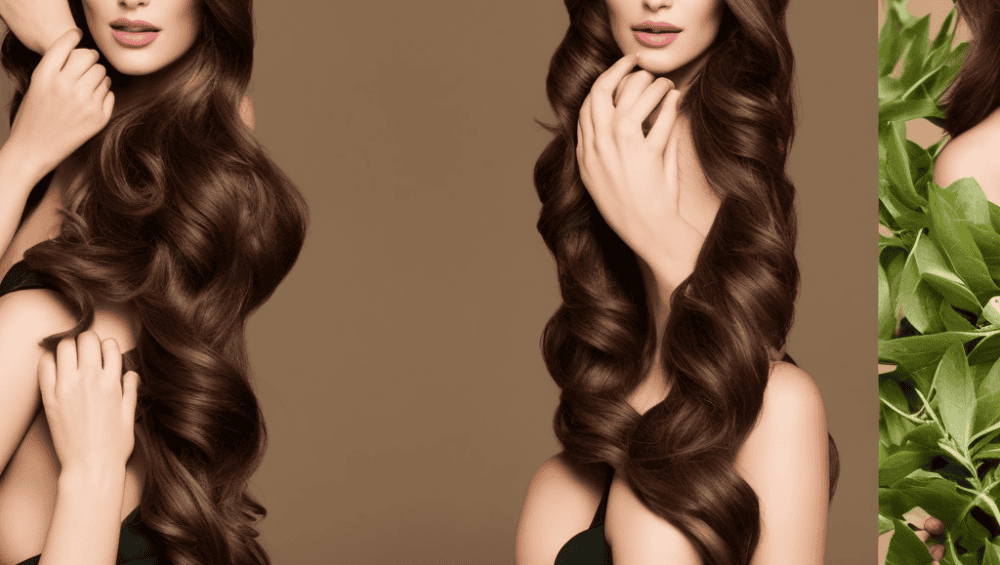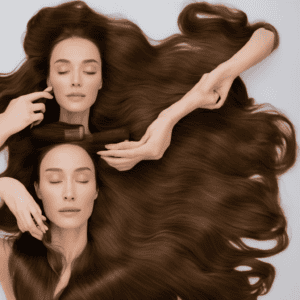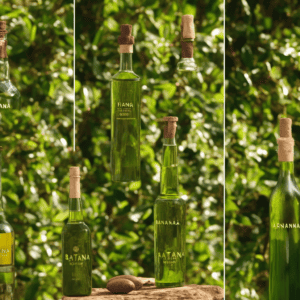You’re likely familiar with olive oil and batana oil as top hair care options, but what makes them superior for your locks? For starters, they’re antioxidant powerhouses that neutralize damage from UV radiation and pollution, protecting your hair from brittleness and breakage. Their unique fatty acid profiles – olive oil’s high monounsaturated and batana oil’s polyunsaturated – provide intense moisturizing properties. Rich in vitamins A, D, E, and K, they promote healthy hair growth and strengthen hair follicles. Now, discover how to harness their potent benefits to unlock the full potential of your hair.
Antioxidant Powerhouses for Hair
By incorporating antioxidant-rich olive oil or batana oil into your hair care routine, you’re giving your locks a powerful defense against environmental stressors and damage. These oils are packed with free radical scavengers that neutralize the damaging effects of UV radiation, pollution, and other environmental aggressors that can lead to hair damage, brittleness, and breakage.
When you use a hair serum infused with olive or batana oil, you’re providing an extra layer of protection to your hair shaft. The antioxidants in these oils work to neutralize the free radicals that can cause oxidative stress, which can lead to hair damage and degradation. By controlling the formation of free radicals, olive and batana oils help to maintain the integrity of your hair’s structure, leading to healthier, shinier, and more resilient locks.
Fatty Acid Profiles Compared
Your hair care routine can greatly benefit from understanding the unique fatty acid profiles of olive oil and batana oil, which set them apart from other hair care solutions. By examining the fatty acid composition of each oil, you’ll gain insight into their distinct characteristics and how they impact your locks.
Olive oil boasts a high level of monounsaturated fatty acids, primarily oleic acid, which contributes to its stability and resistance to rancidity. This means olive oil has a longer shelf life and remains effective for hair care over time. Batana oil, on the other hand, is rich in polyunsaturated fatty acids, mainly linoleic acid, which provides excellent moisturizing properties. The unique balance of fatty acids in batana oil enhances its ability to nourish and protect your hair.
When choosing between olive oil and batana oil, consider your hair type and needs. If you prioritize rancidity resistance and shelf life extension, olive oil might be the better choice. However, if you need an intense moisturizing treatment, batana oil’s fatty acid profile makes it an excellent option. By understanding the fatty acid profiles of each oil, you can make an informed decision for your hair care routine.
Vitamin Richness and Absorption
As you weigh the benefits of olive oil and batana oil for your hair care, it’s also important to consider their vitamin richness and how well they’re absorbed into your hair. Both oils are rich in vitamins A, D, E, and K, which are essential for healthy hair growth and maintenance. However, batana oil has a slight edge when it comes to vitamin richness, particularly in vitamin E, a powerful antioxidant that promotes cellular renewal and protects your hair from damage.
When it comes to absorption, olive oil’s fatty acid profile allows for enhanced bioavailability, making it easier for your hair to absorb its nutrients. Batana oil, on the other hand, has a higher concentration of antioxidants, which can help protect your hair from environmental stressors and promote healthy growth.
While both oils have their strengths, batana oil’s superior vitamin richness and olive oil’s enhanced bioavailability make them both valuable options for hair care. By choosing the right oil for your hair type and needs, you can reap the benefits of these nutrient-rich oils and achieve the healthy, vibrant locks you deserve.
Moisturizing and Protective Properties
Since dry, damaged hair can benefit from intense moisturizing, it’s essential to examine the hydrating properties of olive oil and batana oil to determine which one will lock in moisture and protect your hair most effectively.
Both olive oil and batana oil are rich in antioxidants and fatty acids, which can penetrate your hair shaft, improving hair porosity and locking in moisture. However, batana oil’s unique composition of omega-7 fatty acids and antioxidants enables it to provide more intense hydration, reducing frizz and tangles.
When it comes to scalp health, olive oil’s antibacterial and anti-inflammatory properties can soothe an itchy scalp and reduce dandruff. Batana oil, on the other hand, has anti-inflammatory properties that can calm irritated scalps and promote a healthy scalp environment. By choosing the right oil, you can improve your scalp health, reduce frizz, and achieve soft, silky locks.
Hair Growth and Strengthening
You can stimulate hair growth and strengthen your hair follicles by nourishing your scalp with the right oil. Olive oil and Batana oil are two excellent options that can help promote healthy hair growth. By incorporating these oils into your hair care routines, you can improve blood flow to the scalp, reduce inflammation, and provide essential nutrients to your hair follicles.
One effective way to stimulate hair growth is through scalp massage. Massaging your scalp with olive oil or Batana oil can increase blood flow, reduce stress, and even stimulate hair growth. Simply warm the oil in your hands, massage it into your scalp using circular motions, and leave it on for at least 30 minutes before washing. Regular scalp massages can lead to stronger, healthier hair and even promote new hair growth.
Choosing the Best Oil for You
Now that you’ve learned how olive oil and Batana oil can benefit your hair, it’s time to decide which one is best suited for your hair type and needs. When choosing between the two, consider your hair type. If you have dry, damaged, or processed hair, Batana oil’s intense nourishment may be the better choice. On the other hand, if you have oily hair, olive oil’s lighter, more balanced formula might be a better fit.
Hair type considerations are crucial in making this decision. If you have curly hair, you may want to blend olive oil with another oil, like coconut or jojoba, to enhance definition and reduce frizz. For straight hair, a lighter oil like olive oil can add shine and softness. Oil blending strategies can also help you create a customized blend tailored to your hair’s specific needs. By considering your hair type and needs, you can make an informed decision about which oil is best for you.
Conclusion
You’ve weighed the benefits of olive oil and argan oil for your locks. Both antioxidant powerhouses boast impressive fatty acid profiles and vitamin richness.
While olive oil’s moisturizing properties can tame frizz and flyaways, argan oil’s high linoleic acid content supports hair growth and strengthening.
Ultimately, choose the oil that aligns with your hair type and needs. Whether you’re seeking hydration or growth, one of these oils is sure to become your new hair hero.






